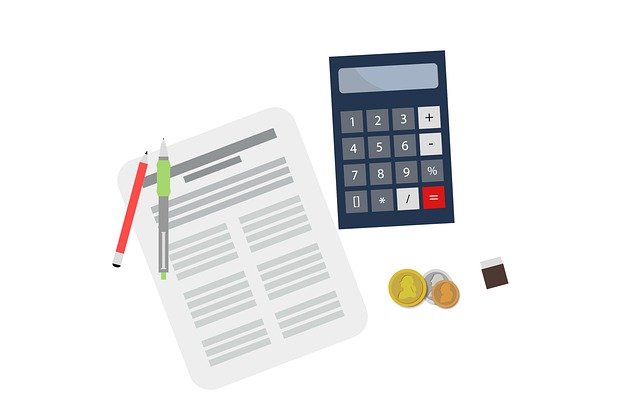Cancer treatments are costly. Variety of factors involved to treat this disease and the following are certain reasons that make cancer treatment expensive:
First, all the regulatory studies including phase 1 to phase 3 clinical trials are required to gain approval for cancer treatment. Second, doctors recommend a combination of approved medicines or therapies to increase the treatment success. Third, treatment plan modification is common in case of failure of treatment or not achieving desired treatment outcome. Fourth, the nature and seriousness of cancer vary, patients often willing to pay a high price even marginal improvement of treatment outcome. Finally, the number of generic medicines for cancer treatment is limited.
Drug Development involves high cost
Pharma manufacturing companies pay millions of dollars to identify any targeted molecule, its mechanism of action, and to generate pre-clinical data. Depending upon the preclinical and laboratory findings, clinical trial phases are approved and proceed. Every phase of drug research and development is complex, time-consuming as well as involves a high amount of money. Clinical trials are mandatory for every antineoplastic drug and approximately $1.2 billion to $1.3 billion cash spent for approval of each of the biopharmaceuticals. It has also been found that almost 8 years of average time requires to complete clinical testing and regulatory approval for the anti-neoplastic drug. Moreover, only 16% to 19% of products that are entered into clinical trials got completed the clinical testing and approval process. Often pharmaceutical companies need to hire contract research organizations to perform research work. Therefore, all the cost involved in drug discovery of antineoplastic drugs increases the cost of the medicine.
“Monopoly.”
Cancer development is a complex biological process. Very limited information about this disease progression and development is discovered and more needs to know about this disease. The discovered chemotherapy is not providing a successful result for every patient and many patients die even after receiving chemotherapy. Although clinical scientists are unlocking the secrets of genetic expression, mutagenesis, tumorigenesis, still now few of the pharmaceutical manufacturing units prepare antineoplastic medications based on available information. There is no competition among effective cancer medications to lower their cost. In contrast, many pharmaceutical companies manufacture different medicines for less-complex and curable conditions. Multiple substitutes available in the market make the products more reasonable as pharmaceutical companies face competition.
Lack of generic price check
In the case of non-malignant disease, the cost of any medicine should be justifiable depending upon the benefits of the treatment. The price increment of any branded medicine is comparable with its generic medicine in terms of incremental benefits over established treatment. Regulatory authority monitors incremental benefits to provide or no value to the patient before approving the price of any new development of non-malignant medicine. Patients and doctors both prefer less costly but nearly equally effective treatments in case of general diseases. But in the case of cancer treatment, superior response, improved survival rate, or increase in the duration of overall survival are considerable factors rather than the judgment of price for the treatment. Moreover, a new version of cancer treatment replaces the older medicine. Therefore, patients need to pay a higher price to get cancer treatment.
Disease severity
Most of the cancers are incurable if it is unable to be diagnosed in early-stage or certain types of blood cancer like childhood leukemia, large cell lymphoma, or testicular cancer. It has been found that cancer patients or their family members are willing to do many things to increase the survival duration of the patient or improve the quality of life by providing symptomatic relief to the patients. Doctors will prepare the treatment plan depending upon the seriousness of a cancer diagnosis and considering the willingness of the patient/patient’s relatives to bear the cost for modest improvement of the patient’s condition.
Expensive Generic Cancer medicine
There are limited acceptable options for generic cancer medicine with equal efficacy. But prices of such cancer medicines are quite high in comparison with non-malignant disease medications. Researchers found that many generic products for cancer treatment have equivalent costs as the newer version. In another way, when generic cancer drugs are less expensive and the patient population also less that leads to the demoralization of manufacturers. Ultimately causes drug shortage and rapidly diminishes the product from the market.
More Chemotherapy more incentive
Chemotherapy administration creates a financial incentive to the administrator which seldomly influences the use of chemotherapy for patients even who do not need the treatment, though reimbursement of intravenous chemotherapy administration is managed well through the fee-for-service reimbursement model.
Apart from pharmaceutical aspects, repeated or prolonged hospitalization, multiple phases of a cancer diagnosis for determining the stages of cancer increase the overall treatment cost. Besides these, cancer treatment includes multiple professionals including oncologists, specialized nursing staff, pharmacists, councilors, and other therapists to improve the patient’s condition or lessen the patient’s problems.
Reference:
https://www.ncbi.nlm.nih.gov/pmc/articles/PMC3538397/

